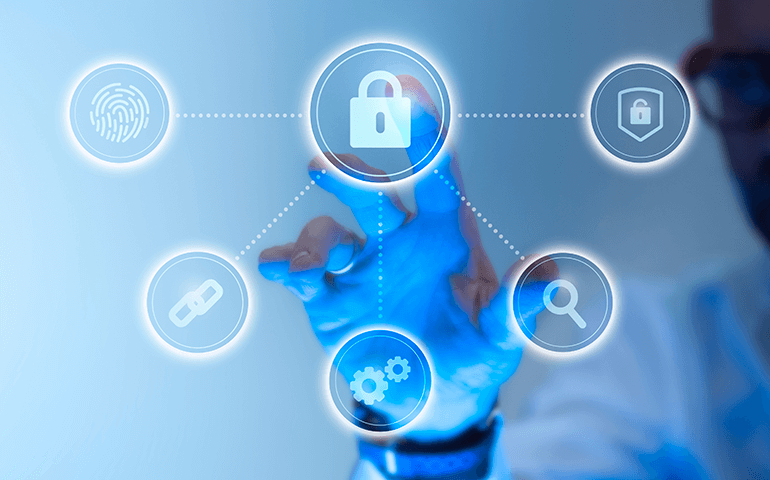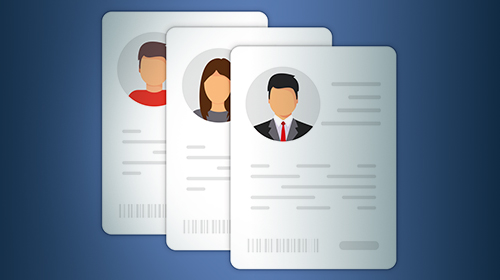Personal Data: What Happens When It’s Sold on the Dark Web?

Imagine your most sensitive data—emails, passwords, credit card numbers—being traded like merchandise in a clandestine digital marketplace. “Personal data: what happens when it’s sold on the dark web?” isn’t a fictional scenario; it’s a terrifying reality affecting millions of people. Discover the real dangers and how to protect yourself before it’s too late.
The Digital Black Market
The dark web operates as an underground marketplace where criminals buy and sell stolen information. However, contrary to what one might think, this data isn’t traded chaotically. There are organized catalogs by information type, quality, and origin. Prices vary based on value: credit card numbers may cost just a few euros, while complete medical records can be worth hundreds.
The 3 Scariest Destinations for Your Data
- Immediate Financial Fraud
Credit cards and banking details are used for unauthorized purchases or fraudulent withdrawals. Often, holders only realize it when it’s too late. - Identity Theft
With data like your name, address, and ID number, criminals can open accounts, apply for loans, or commit crimes in your name. Clearing your history after identity theft can take years. - Personalized Social Engineering Attacks
Your habits, interests, and contacts are used to create ultra-personalized phishing schemes. For example, a cybercriminal might send a convincing email to your family asking for money, using information obtained from your social media.
Checklist: How to Know If Your Data Has Already Been Sold
✅ Check if your email appears in known breaches (using Have I Been Pwned)
✅ Monitor bank statements regularly
✅ Enable credit alerts to detect suspicious activity
✅ Use dark web monitoring tools (e.g., services offered by some antivirus programs)

How to Protect Yourself Today
In short, prevention is your best weapon. Use unique and complex passwords for every account, enable two-factor authentication (2FA) wherever possible, and think twice before sharing personal information online. Remember: your data is worth more than you think—protect it as you would your most valuable possession.
“Personal data: what happens when it’s sold on the dark web?” is a question you shouldn’t have to ask. Take action now—your digital security depends on it.
